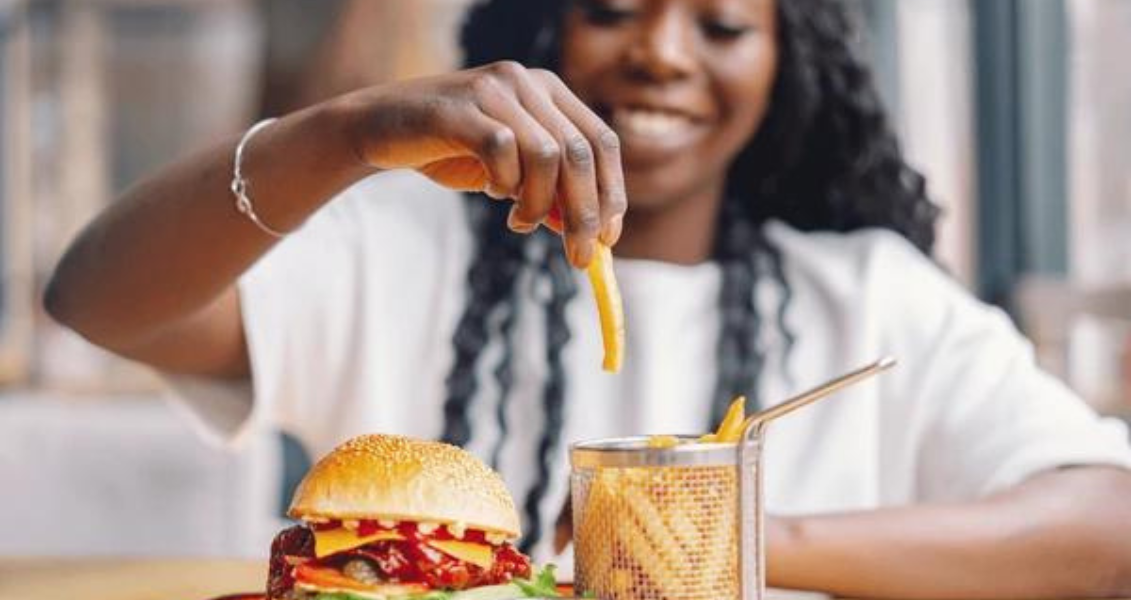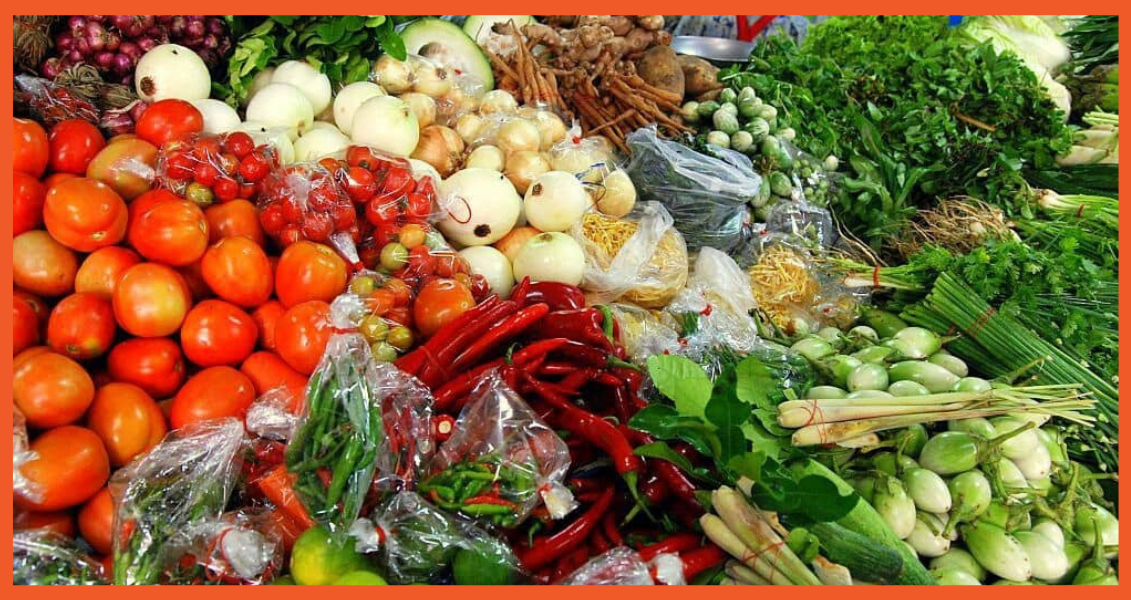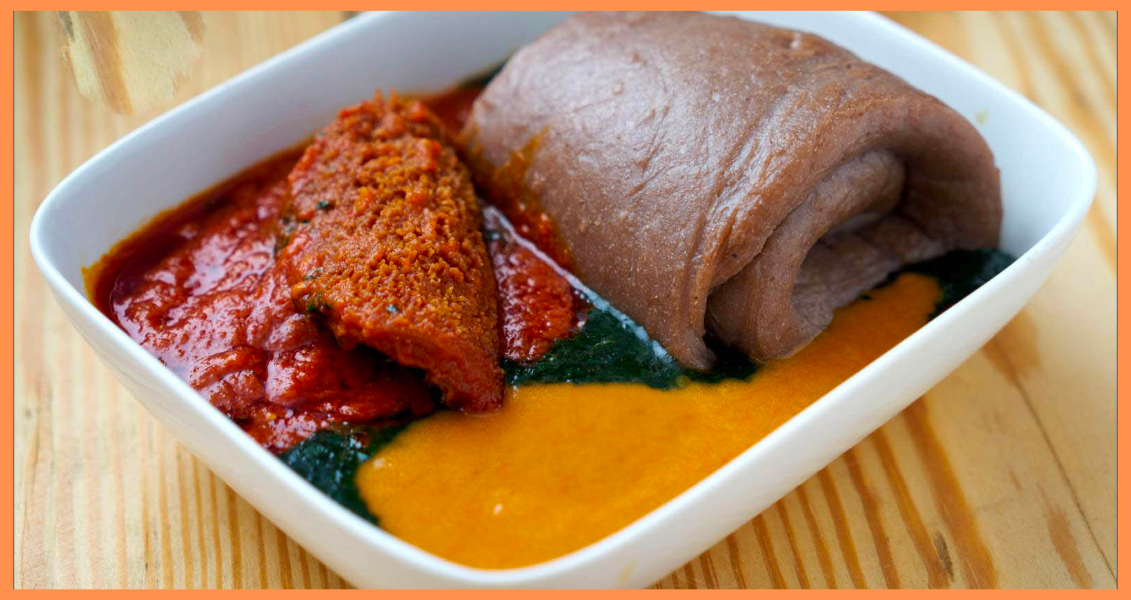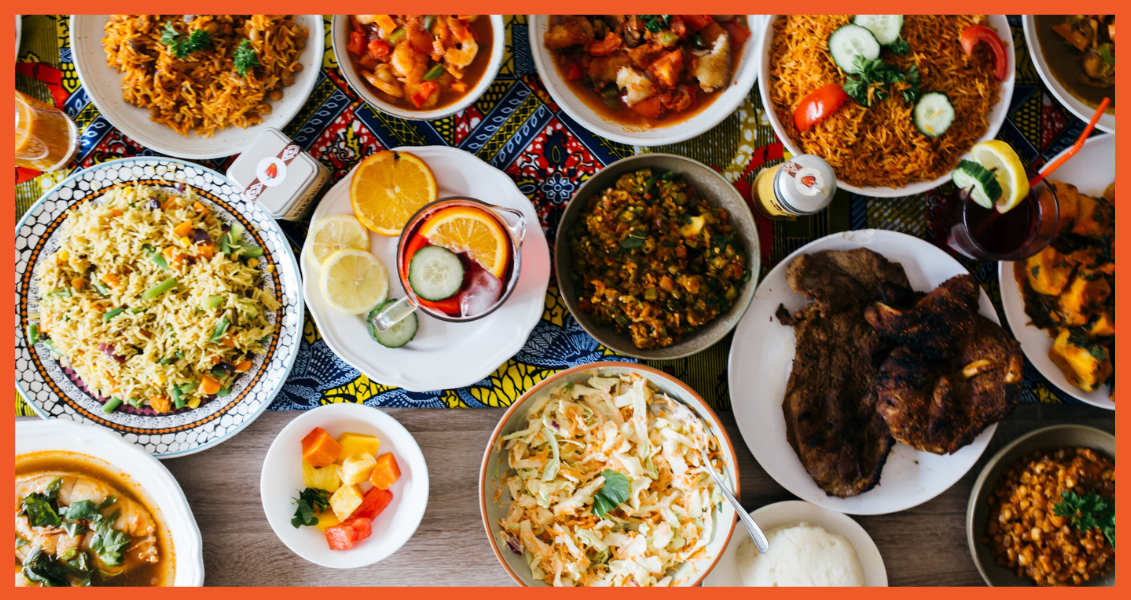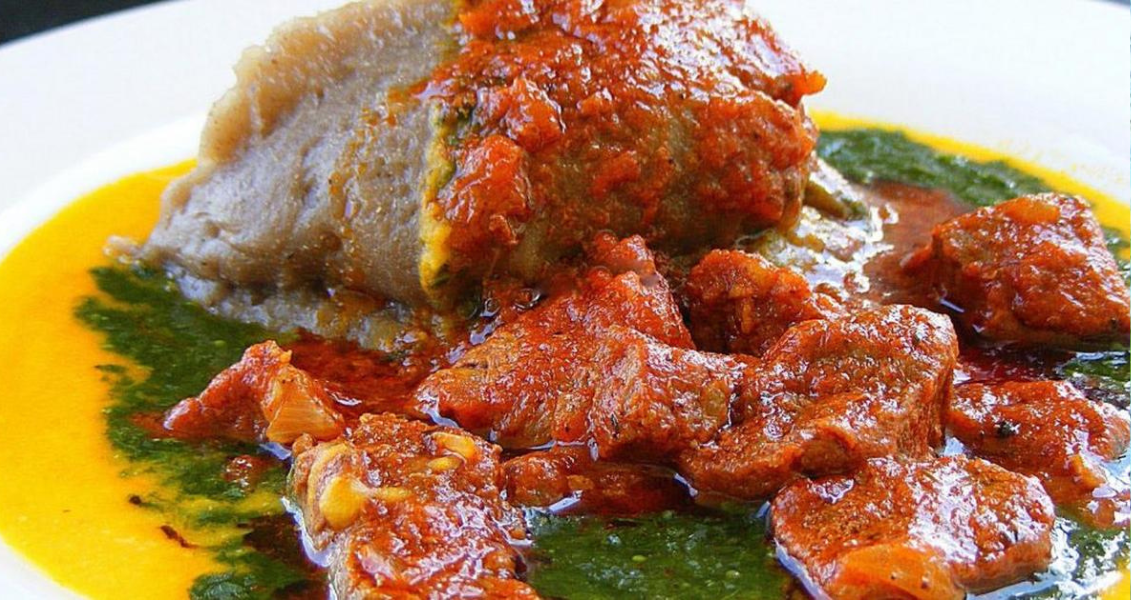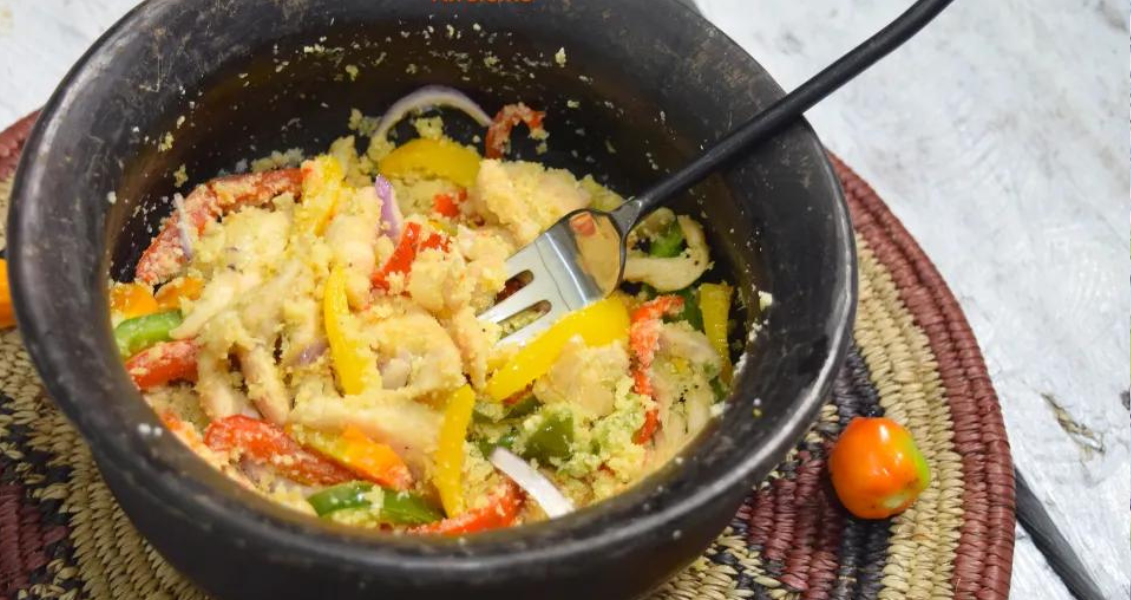Welcome to the newsletter for people who love to eat, drink and travel. Every Thursday, by 3pm, you’ll receive the tastiest stories from Africa’s dining tables. Forward to someone!
If you’re a Nigerian reading this at this very moment, you probably don’t have light, and you’re steaming from the heatwave sweeping through the country. If it’s any consolation, I’m also going through the same thing.
Good afternoon ladies and gentlemen, and welcome to today’s edition of your favourite newsletter: Deliciously.
We hope you had a wonderful Valentine’s Day because it’d be a shame if you didn’t. On top of this heat and Nairaconomics, you’re now single too? Who did you offend?
In any case, if you didn’t receive any calls from a dispatch rider delivering anything to you yesterday, we have a couple of sweet love stories for you to consume throughout this week of love. Check out our Valentine Love Series here and read stories that will make you cry “God When?”
Anyway, standing on today’s business, I ask again, what did we do to deserve this heat? At first, I thought my house was hot because I’m a hot man. Then I went outside and it turned out that suddenly, everybody in Nigeria was also hot.
This heat, coupled with the lack of electricity in most parts of the country right now has brought Nigerians untold misery, and guess what else is going to suffer in these perilous times? Food.
Nothing makes food go bad faster than heat. By food, I don’t mean Egusi. Egusi is a spoiled brat that can suddenly decide to go bad 30 minutes after you cook it. Doesn’t even need special circumstances like this heat to go bad. But these days, other meals also stand more chances of getting bad if exposed to heat for too long. So how do we navigate this problem?
Here are a few tips on how to treat your food during these terrible times:
Avoid highly perishable foods: I didn’t slander egusi for nothing in the earlier paragraphs. If your power supply is as bad as mine, cooking egusi in this period is just tempting your creator. Also, avoid having raw proteins like fish around.
Avoid buying in bulk: You might also want to avoid buying perishable foods. This isn’t the best time to buy a carton of mackerels. Lastly, think thrice before putting iru (locust beans) in anything you’re cooking now (p.s, this message isn’t for only Yoruba people).
Cook in bits: Madam Bose has been touring the whole area looking for who will help her refrigerate her three packs efo riro and ogbono soup. Cooking in bulk can help save energy and time but in extraordinary times like this, you need to make just enough food to finish as quickly as possible.
Use separate utensils to treat raw food and cooked food: Use a meat thermometer to ensure the meat is cooked safely. Separate utensils, cutting boards, and plates for raw and cooked foods to prevent cross-contamination. Wash hands thoroughly after handling raw meat, poultry, or fish to avoid spreading bacteria.
Use coolers with ice packs: When packing food for picnics or transporting it elsewhere. Separate coolers for food and drinks are recommended to prevent frequent opening and warming. Errm, getting ice packs with this low electricity supply is another problem on its own. I’m hoping for a miracle for you insha Allah. Otherwise, you can just rely on coolers.
Be cautious with risky foods: Especially meals like raw meat, fish, unpasteurized milk, and undercooked eggs. Look for signs of spoilage such as changes in smell, colour, or texture, and dispose of spoiled food. Seniors, young children, pregnant women, and those with pre-existing illnesses are at greater risk of food poisoning and should be especially careful.
Lastly, keep hot foods hot and cold foods cold to prevent bacteria growth and foodborne illnesses. Bacteria thrive between 4-60 degrees Celsius (40-140 degrees F), so perishable foods, especially meat, should not be left at room temperature for more than two hours. In hot weather above 30 degrees Celsius, the limit drops to one hour. When defrosting or marinating meat, keep it in the refrigerator to avoid bacteria growth.
That’s it from us at Deliciuosly today. Hopefully, the situation will be much better by the time I send next week’s edition. Until then, stay safe, stay hydrated, and keep your food fresh. Don’t forget to follow us on our social media pages below.








